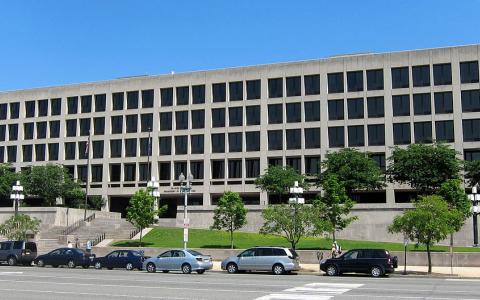
The Department of Labor (DOL) is proposing a change to its fiduciary regulations.
A new rule released Monday would create an exemption that allows investment advice fiduciaries who work with retirement plans to increase the number of ways they can be compensated.
‘Today’s proposed exemption would give Americans more choices for investment advice arrangements, while protecting the retirement savings of American workers,’ said Eugene Scalia, the Secretary of Labor. ‘The exemption would add to the tools individuals need to make the right decisions for their financial future.’
If enacted, the rule proposal would allow investment advice fiduciaries to be compensated through commissions, 12b-1 fees, sales loads and revenue sharing payments.
‘The Department recognizes that different types of Financial Institutions have different business models, and the proposal is drafted to apply flexibly to these institutions,’ the DOL said in the rule proposal.The DOL said the rule proposal is designed to harmonize with Regulation Best Interest, the Securities and Exchange Commission’s (SEC) new standard of conduct for broker-dealers. Regulation Best Interest went into effect Tuesday.
‘Together, the actions of the SEC and the Department of Labor will strengthen retirement security for Americans,’ the DOL said.
The SEC developed Regulation Best Interest after a federal appeals court overturned a fiduciary rule developed by the Department of Labor under the Obama administration in March of 2018. That rule defined brokers dispensing retirement advice as fiduciaries obligated to act in their clients’ best financial interests.
‘We applaud the Department of Labor’s work to preserve investor choice, which allows for many different investment advice and education options consistent with the Securities and Exchange Commission’s new heightened standard Regulation Best Interest,’ Kenneth Bentsen, CEO of broker-dealer trade organization SIFMA, said in a statement reacting to the proposed rule.
You can read a full copy of the new rule proposal here.
This article originally appeared on City Wire.



